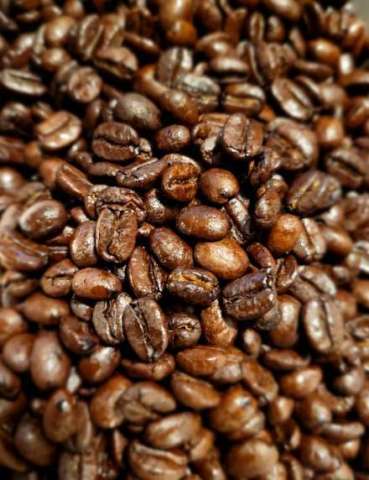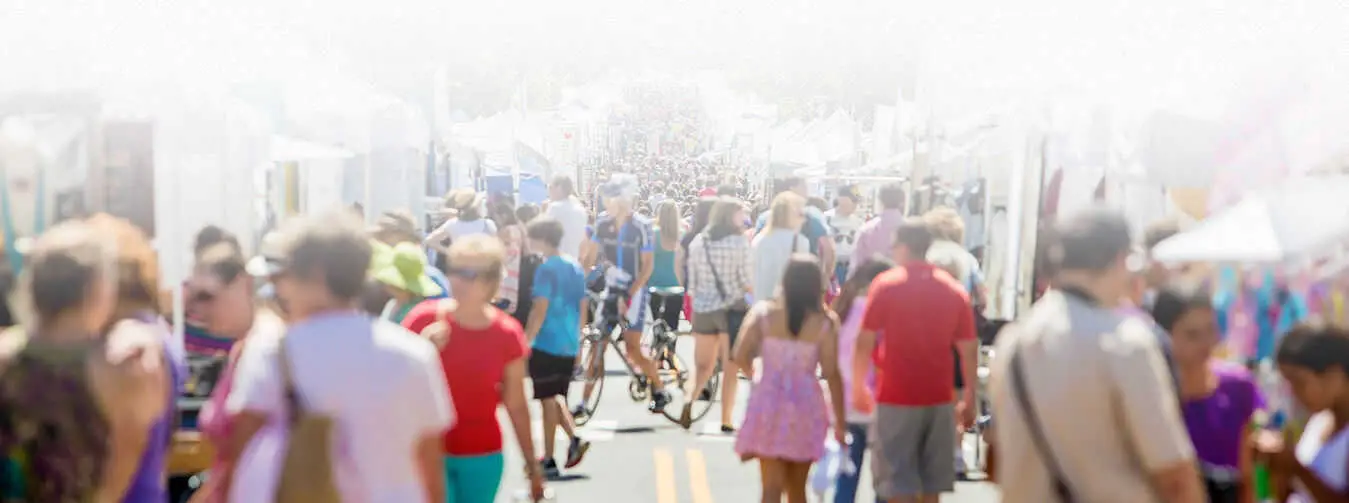To any wine connoisseur, seeing names such as Merlot or Moscato is ordinary. These names have meaning and aren’t just fancy names assigned at random Those particular names refer to the varieties of grapes used to make those wines. Merlot and Moscato both are types of wine that have significant differences when it comes to looks and taste. Coffee can be looked at in a similar way.
What Is Arabica?
Arabica coffee derives from the beans of the Coffea Arabica plant, which has its origins in Ethiopia. Arabica is the most popular coffee type in the world, which translates to over 60% of all cups drank. Popular types of Arabica coffee include
- Typica
- Bourbon
- Cattura
- Catimor
- Geisha
What Is Robusto?
Robusta Coffee derives from the beans of the Coffea canephora plant, which has its origins in Africa as well. Robusta is an especially bitter coffee and is used predominantly in espressos, instant coffees, and Robusta is used as a filler in blends of ground coffee.
Arabica vs. Robusta No doubt about it, coffee lovers and enthusiasts have heard the words Arabica or Robusto If you’re not familiar with either, these terms refer to the two different species of coffee. They are the quite similar in that when harvested, roasted, and ultimately brewed to develop into that delightful drink that we call coffee. However, that's where the parallels end. Arabica and Robusta greatly differ when it comes to the taste, growing conditions, cost, and quality.
Taste
A lot of people think that Robusta has an oatmeal like flavor, someplace between neutral and nasty. Robusta beans in its unroasted form to me smell sort of like raw peanuts. Arabica beans, on the other hand, have a broad taste range (dependent upon its variety). The range varies from sweet to tangy. Some unroasted Arabica beans can smell like fresh fruits. Their roasted smell is described as candy, caramels, chocolates, and sugar tones.
Growing conditionsRobusta coffee trees are resilient and can be grown at very low altitudes under 800 meters. Robusta beans are not highly vulnerable to pests, and they produce more beans per acre and require fairly low production costs. Arabica is the opposite, Arabica coffee beans are delicate and must grow in cool, subtropical environments. Arabica beans also need huge amounts of moisture, rich soil, shade, and sun. Because of their delicacy, Arabica beans are susceptible to damage from various pests and can be damaged by cold temperatures and poor handling. Arabica coffee trees needs to grow at a higher elevations (800 - 3000 meters).
Price
Robusta is much lower in price than Arabica, but it is also more harmful to the environment and our taste buds. Robusta growers have adopted the use of mono cropping, which is a practice of growing the same tree each year in one place. This practice causes damage to the rain-forest because it involves clear cutting the rain-forest to harvest the crop. Since Robusta is a more resilient plant than the fragile Arabica tree, it is grown in more places, which leads to large companies purchasing immense amounts of rain-forest acreage to plant Robusta trees. When done in excess, mono cropping causes erosion of the soil and depletes nutrients that leaves the soil nearly unusable. Because of the difficulty to plant and grow Arabica, Arabica is more costly than Robusta. Some companies (Charbucks) often mix Robusta with their Arabica to save money, that’s why the coffee taste like burned rubber.
Arabica vs. Robusta: Which Is Better?
When you must choose between Arabica and Robusta, it is vital to always choose Arabica! Some other differences are:
- Robusta has way more caffeine than Arabica
- Arabica has just about twice the amount of sugar that Robusto has
- Robusta is less acidic
- Arabica comes in with more lipids
At Woke Living Coffee, we use 100% fair trade, ethically sourced, single origin Arabica Cattura.



